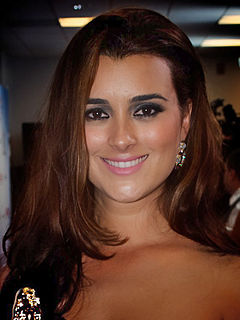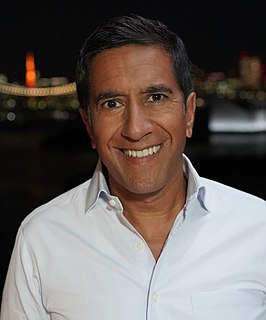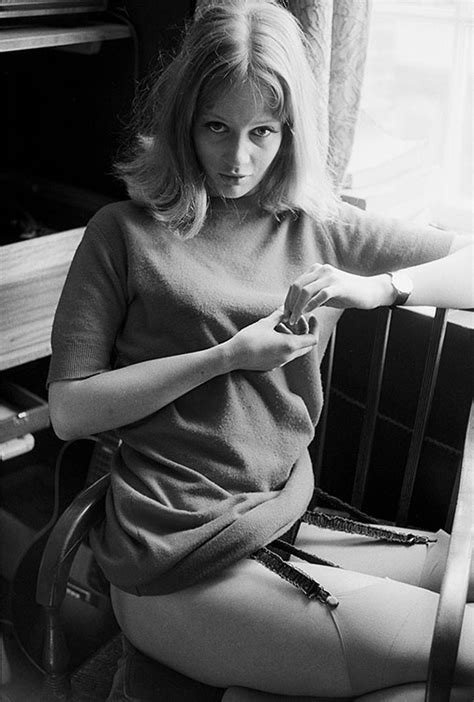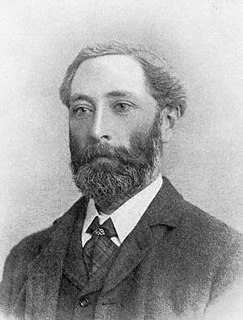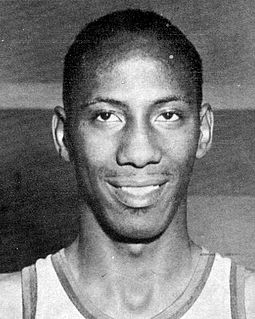A Quote by Sean Combs
I was proud of working 18 hours a day and sleeping three hours a night. It's something now that has turned into a problem for me: not being able to sleep... having insomnia.
Related Quotes
The manner of Demoivre's death has a certain interest for psychologists. Shortly before it, he declared that it was necessary for him to sleep some ten minutes or a quarter of an hour longer each day than the preceding one: the day after he had thus reached a total of something over twenty-three hours he slept up to the limit of twenty-four hours, and then died in his sleep.



